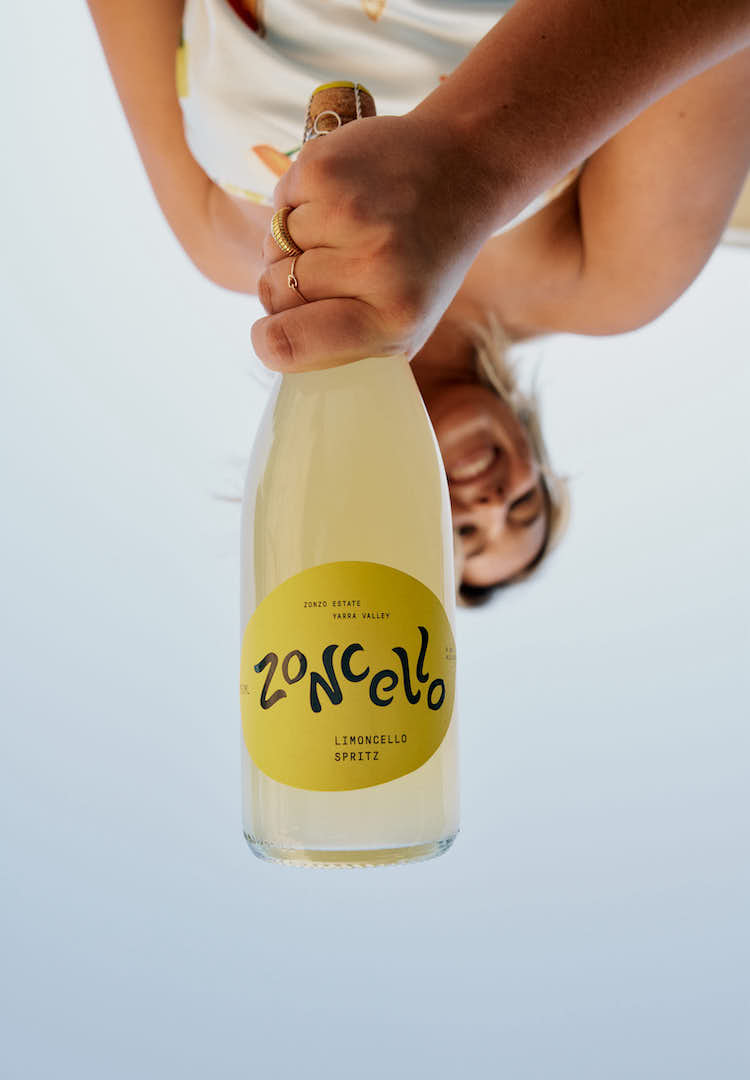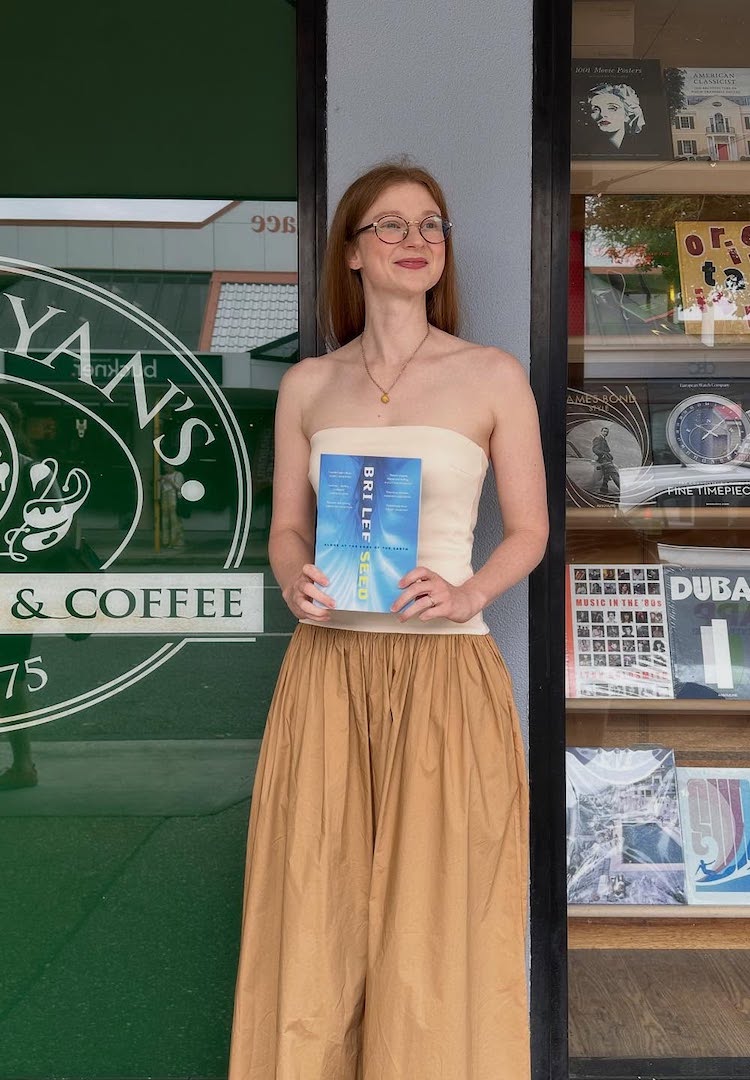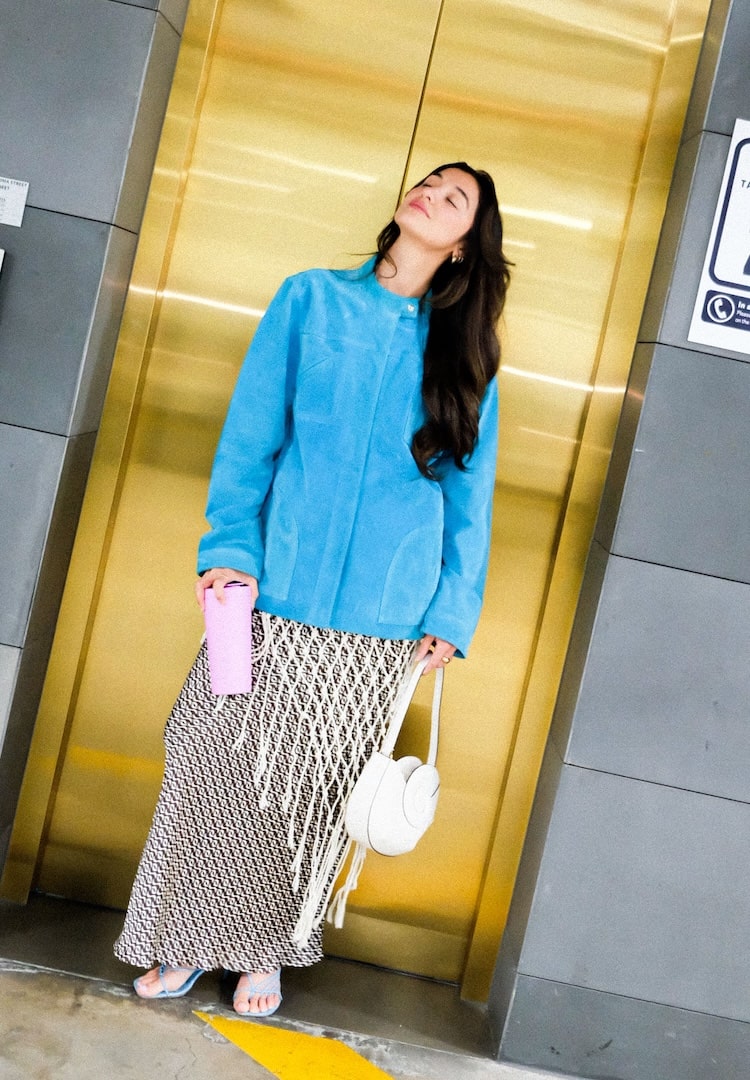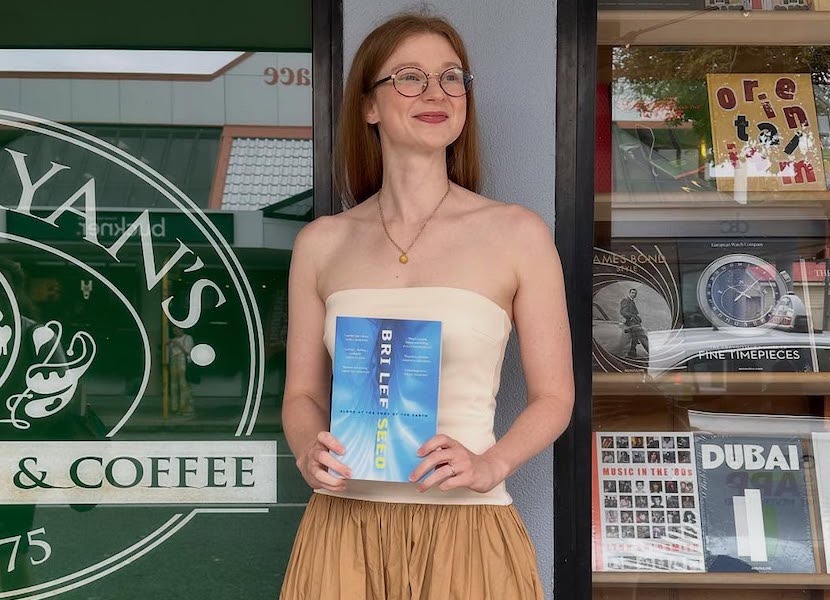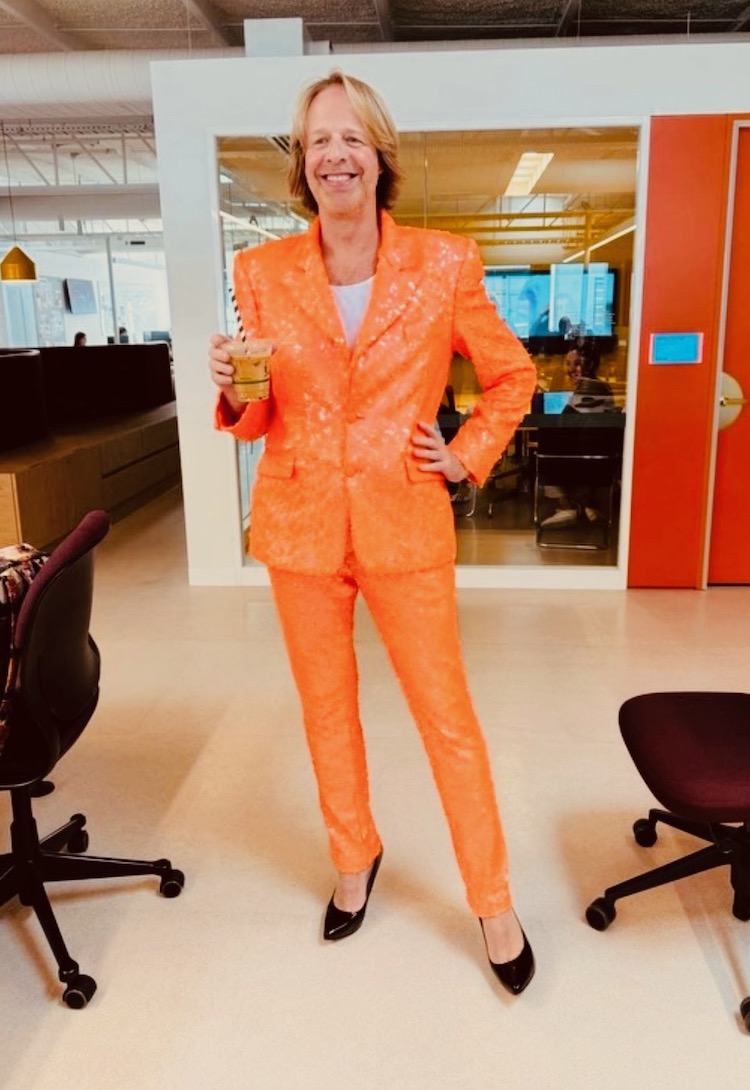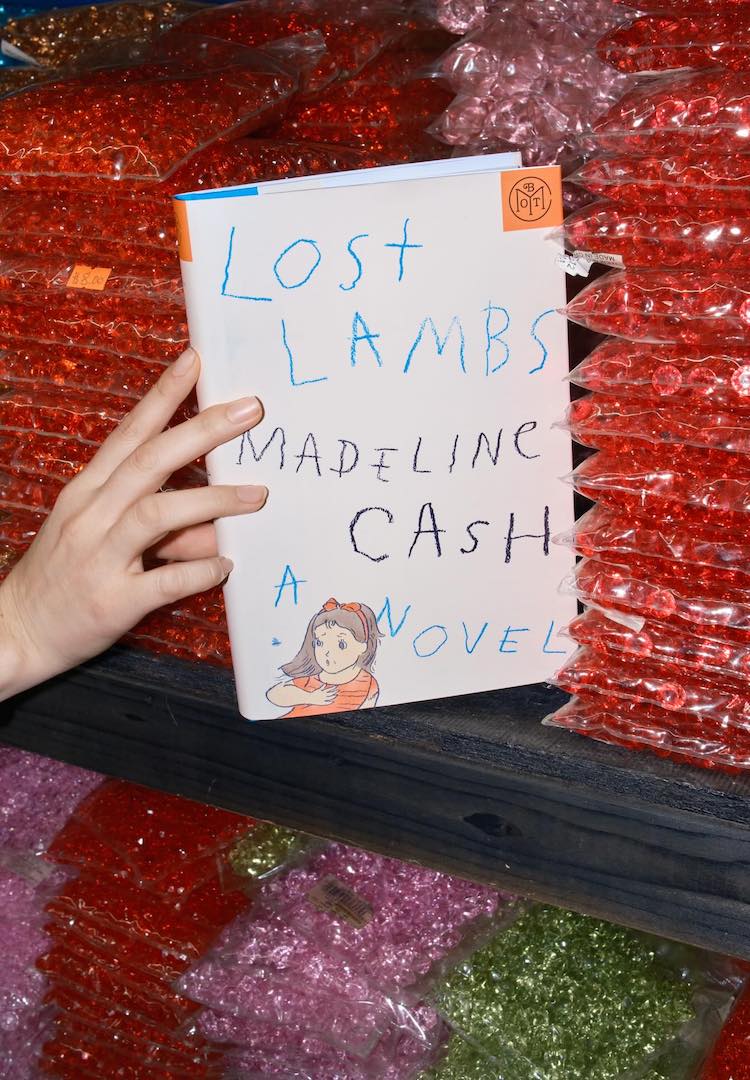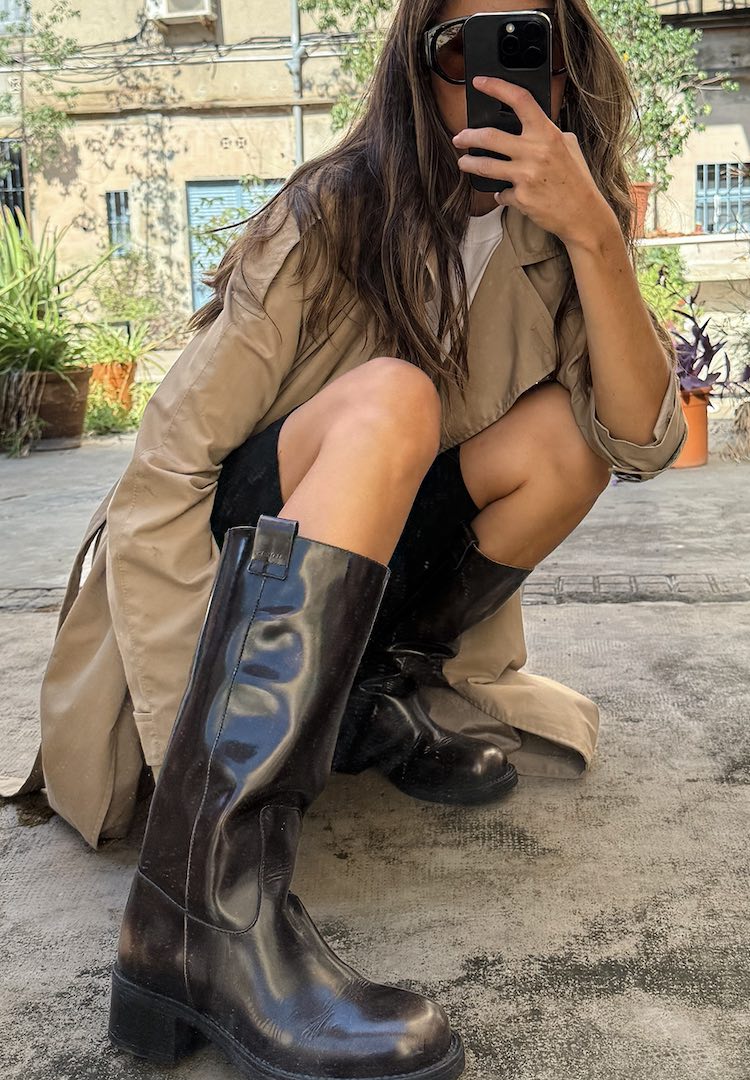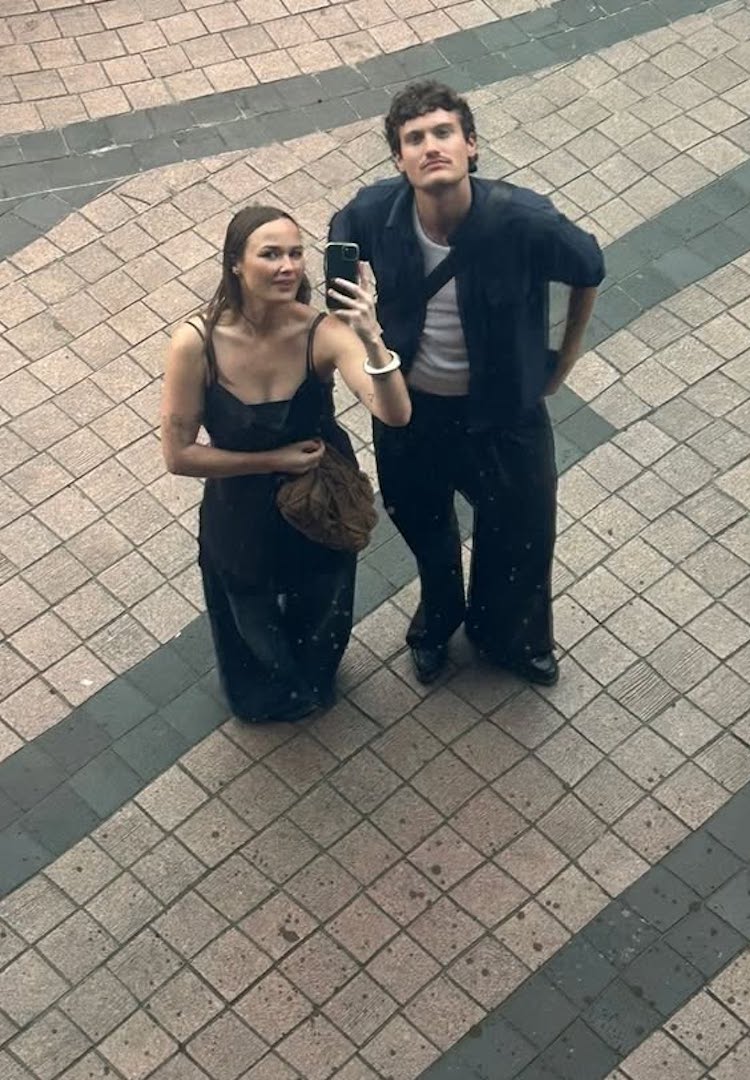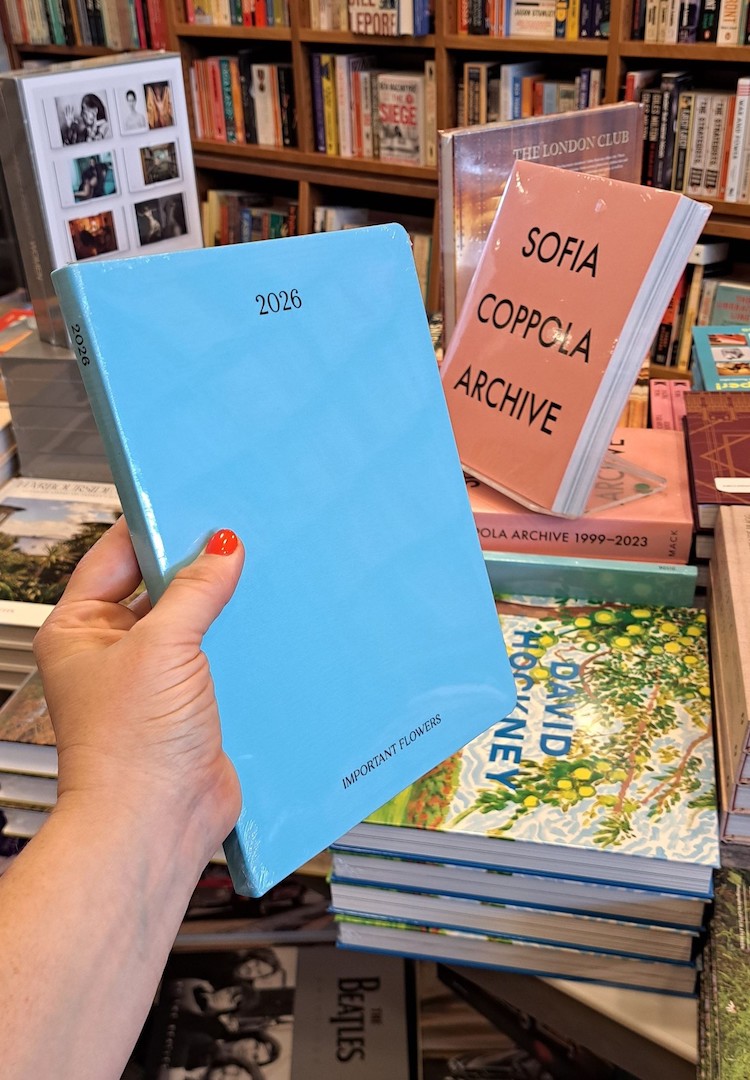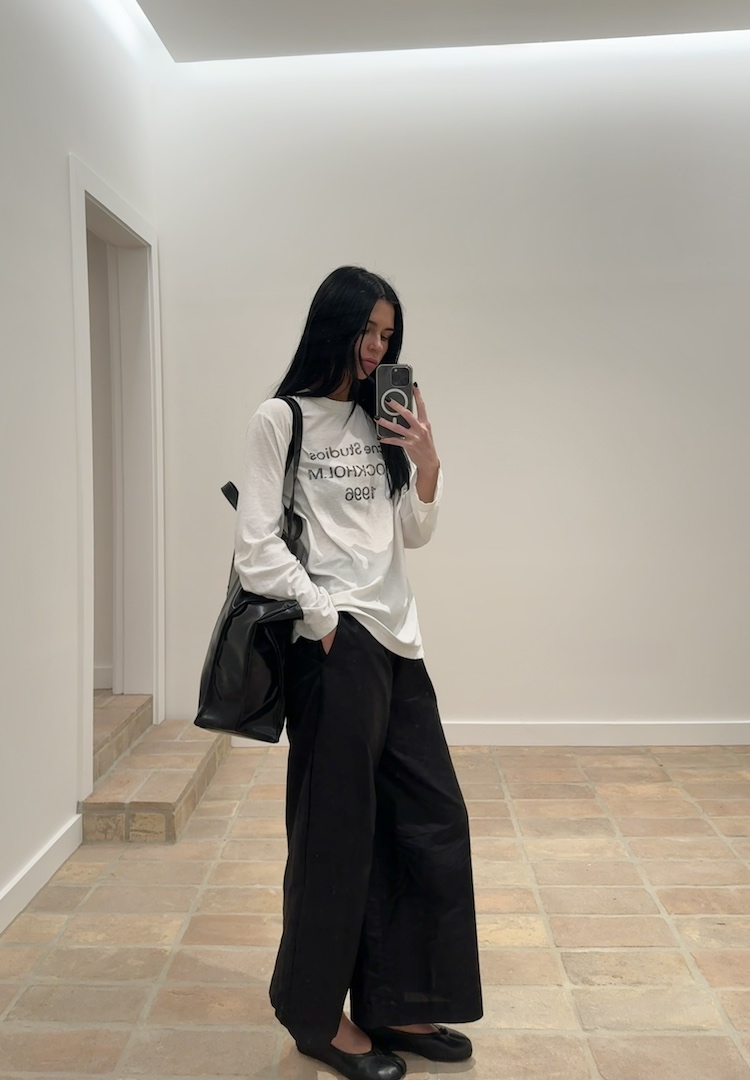Author Bri Lee on travelling to Antarctica for her new novel, ‘Seed’
image via @maryryansnewfarm/instagram
words by daisy henry
“There was no way I could’ve written this book without actually going to Antarctica.”
Writing a book often requires some kind of sacrifice for a writer. Sometimes, it means falling down a rabbit hole researching a niche subject, other times it might involve waking up at the crack of dawn and following a rigorous writing schedule.
Australian author Bri Lee’s latest novel, Seed, demanded both, and a trip to Antarctica. “There was no way I could’ve written this book without actually going to Antarctica,” she tells me. “It’s not like another country, it’s like another planet.”
For more content like this, tap through to our Life section.
Without giving too much away, Seed follows Mitchell, a biologist with an interest in the growing antinatalism movement (loosely speaking, this is the belief that it’s morally wrong to have babies). For one month each year, Mitchell travels to Antarctica with his colleague, Frances, to work on a seed vault in a secret location. When the helicopter fails to pick them up, the pair are faced with the logistical and emotional challenge of finding their way back.
As is the case with most of her writing (like her non-fiction debut, Eggshell Skull, or her first novel, The Work), Bri’s books usually start with an overarching issue that’s playing on her mind. Then, she builds a world around it. For Seed, this meant finding a way to write about the climate emergency in a way that draws in readers. And it’s safe to say she’s succeeded. Though Seed asks plenty of big questions, it has an unputdownable nature to it.
Though Seed has only just hit shelves, Bri’s already kicked off the start of her national book tour. In between bookstore visits and live talks, we chat to Bri, en route to her first stop in Brisbane.
Fashion Journal: Hi Bri, congratulations on your new release! Seed is fairly different from your previous books. What made you want to write such a suspenseful book set in Antarctica?
Bri: With most of my books, I tried to pick a question or an issue that is really important to me personally, and that I am grappling with. Then I figure out a Trojan Horse container to fit it into. Even for Eggshell Skull – it was a true-crime procedural, but with feminist duress prudence hiding inside it!
With this new book, Seed, it’s really asking what we owe each other in the climate emergency, what our obligations are as individuals and as part of larger societies, and how we can possibly do the right thing at this stage of the climate emergency. And I wanted to put it in an absolute page turner so that people would actually read it, instead of feeling like they should eat their vegetables. Unfortunately, I think this is how a lot of climate fiction ends up.
View this post on Instagram
When did the idea first come to you and did you start writing right away?
The idea first came to me way back in 2020 when I first found out about the Svalbard Seed Vault, which is a real place up near the Arctic. It’s a facility, an example of international scientific collaboration and they house copies of all the seeds of the world. I became obsessed with the idea of the place because, to me, it became a physical manifestation of the despair and the immensity of hope that I feel right now.
The seed vault is set up to protect seeds for when we inevitably have boiled and ruined the planet from a combination of so-called natural and so-called human-induced disasters, and yet the commitment to hoping to and wanting to rebuild is there. The idea of a seed vault is such a pressure cooker of an environment, especially in an isolated location. I made up a fictional seed vault in Antarctica, down near the South Pole.
Tell me a bit about the writing process. What was it like travelling to Antarctica to research Seed?
I went on a ship for a month in February 2023 – it changed my life. There was no way I could’ve written this book without actually going to Antarctica. It would be, I think, bonkers for anyone to try to write about it without having been there. It’s not like another country, it’s like another planet. It’s just extraordinary. And it really challenged my writing, because there’s only so many ways you can say ‘vast white expanse’! I feel extraordinarily lucky to have gone on that trip.
How did you settle on the title and cover?
I always knew I wanted to call it Seed, because the idea began with that seed vault setting. The idea of Seed is so layered: one of the core questions that the protagonist is grappling with is whether it is ethical to have children, so you have the double meaning of the word. I always liked the title.
The cover is a team effort from my incredible publisher, Jane Palfreyman, and my incredible book designer, Sandy Cull. Sandy’s designed all my books and she’s just fantastic. The way she and Jane work together obviously creates phenomenal results. I trust them completely.
Are you a disciplined writer, or do you write depending on your mood?
I’m quite a disciplined writer because I was trained as a lawyer. I think most of my success in writing has come because I apply the rigour, focus and dedication of a lawyer to my artistic practice.
View this post on Instagram
Do you prefer writing fiction or nonfiction? How are they different and how are they similar?
It’s such a good question! I don’t have a preference between writing fiction or nonfiction. I don’t really subscribe to any genre labels. I think those are really important for marketing and sales purposes but I don’t think about that when I’m writing.
It’s like going between painting and sculpture, that was the only example that came to mind when I was talking about The Work, my first novel. They’re both creative, there are many things that are similar, such as pacing, expression and voice. Seed is my most emotionally honest book, which is quite an extraordinary thing to say, considering that it’s fiction!
When I was working on Seed I was reading all of the literature that has come out of Antarctica: a lot of explorers’ diaries from the so-called ‘heroic age’, a lot of fiction about scientists in Antarctica more recently… Anything and everything I could get. I’m not one of those authors who avoids reading others’ works while they’re writing in case their voice gets affected. I’m a voracious reader on the topic, subject matter or place that I’m working on.
What were you reading while writing Seed and what are you reading right now?
News and Reviews, my newsletter, is about to launch the spring season of its first online readers and writers festival. We’ve got an incredible line up of a bunch of different books and a bunch of different authors. What I’m reading right now is called Plain Life by Antonia Pont. That is the first book and author I’ll be speaking to for the spring season of the News and Reviews Festival.
What’s your favourite part about going on tour for your book?
My favourite part of going on tour is hearing from readers who really, genuinely engage with my work. It’s one of the most flattering things, to know that someone has read your book and cared enough that they come with questions, or things that they want to discuss.
Books take a long time to read and there are a million books at any time that are on most people’s ‘to be read’ lists. Writing is solitary, so tour is a lovely time to get to hear from other people and finally be able to have discussions about the ideas that I’ve been sitting with by myself for years.
Aside from the tour, what does the rest of the year look like for you?
The Spring season of News and Reviews festival! I’m really, really looking forward to it. It goes for eight weeks, starting at the end of October. There are shrinking opportunities for authors and critics to discuss books: the Read This podcast just closed, Shameless Media closed their books podcast last year.
There are plenty of international examples of high calibre, entertaining, fun, joyous conversation spaces for literature and ideas that are shrinking. I’m looking forward to making sure that News and Reviews steps up to the plate and contributes in that way.
Keep up with Bri here.

